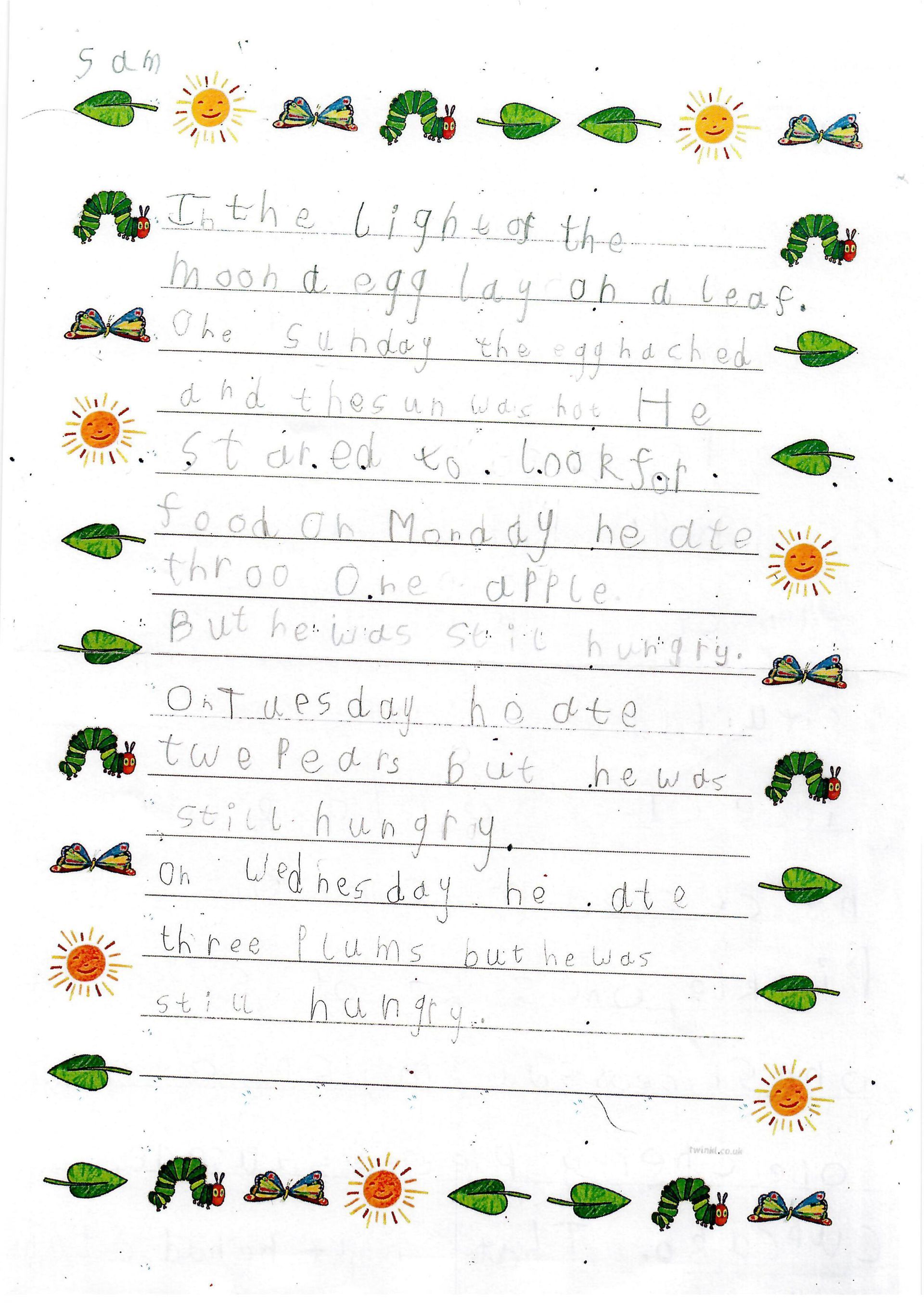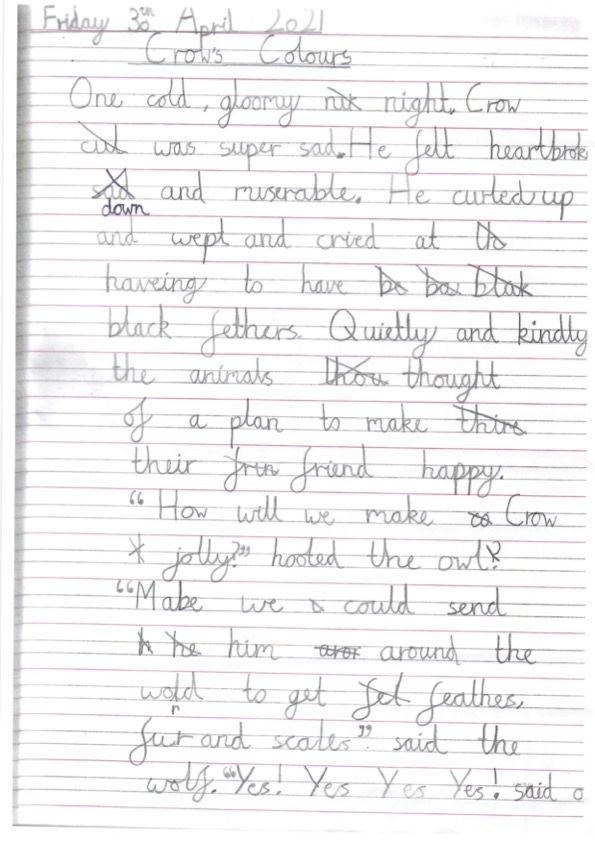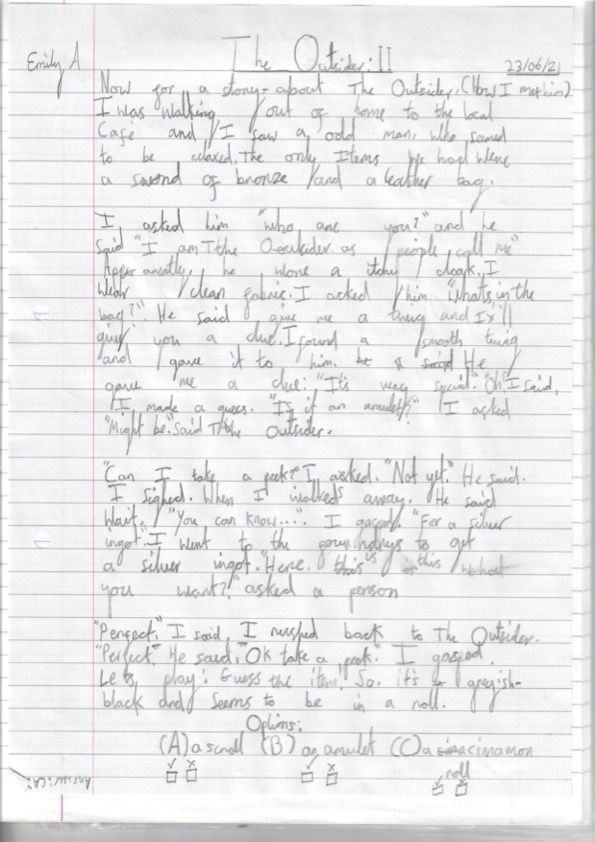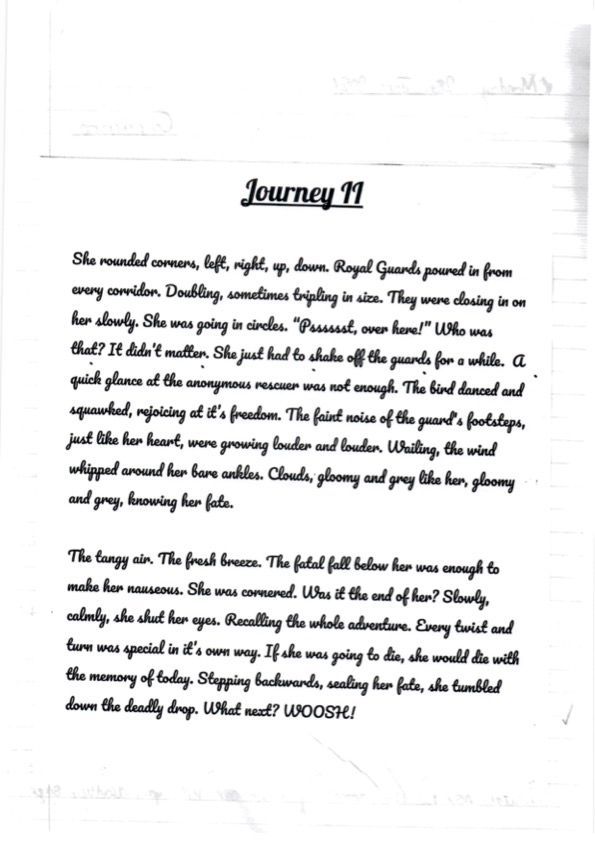
English
English has a pre-eminent place in education and in society.
A high-quality education in English will teach pupils to speak and write fluently so that they can communicate their ideas and emotions to others and through their reading and listening, others can communicate with them. Through reading in particular, pupils have a chance to develop culturally, emotionally, intellectually, socially and spiritually. Literature, especially, plays a key role in such development. Reading also enables pupils both to acquire knowledge and to build on what they already know. All the skills of language are essential to participating fully as a member of society; pupils, therefore, who do not learn to speak, read and write fluently and confidently are effectively disenfranchised.
Aims
The overarching aim for English in the national curriculum is to promote high standards of language and literacy by equipping pupils with a strong command of the spoken and written word, and to develop their love of literature through widespread reading for enjoyment.
The national curriculum for English aims to ensure that all pupils:
- read easily, fluently and with good understanding
- develop the habit of reading widely and often, for both pleasure and information
- acquire a wide vocabulary, an understanding of grammar and knowledge of linguistic conventions for reading, writing and spoken language
- appreciate our rich and varied literary heritage
- write clearly, accurately and coherently, adapting their language and style in and for a range of contexts, purposes and audiences
- use discussion in order to learn; they should be able to elaborate and explain clearly their understanding and ideas
- are competent in the arts of speaking and listening, making formal presentations, demonstrating to others and participating in debate.
We use the Jane Considine 'The Write Stuff' resources to teach our main English lessons
Children begin their phonics and reading journey in EYFS through the Sounds Write program.
To help support your child at home with their phonics, please click here to enrol on a free on-demand Sounds Write course which is designed to support parents to:
- help your child take their first steps in reading and spelling;
- understand how to help your child build, write and read simple cvc (consonant, vowel, consonant) words;
- understand how to correct your child when they make a mistake in their reading or writing simple words;
- have a basic understanding of how phonics works.
Reading
Our collaborative relationship with parents and carers is intrinsically important when it comes to our reading curriculum, where our partnership will enable your child to make accelerated progress.
Children’s progress in reading is the gateway to success across the whole curriculum, and the input of parents and carers is invaluable.
We would like children to read to their parents/carers 5-days a week from the books they are given at school which align with our phonics scheme, Sounds Write, as well as enjoying books of their own choice.
Teachers are always on hand to give you advice and guidance on how best to support your child’s reading at home, and we will provide links to videos which demonstrate how we teach phonics and reading at school to ensure consistency.




